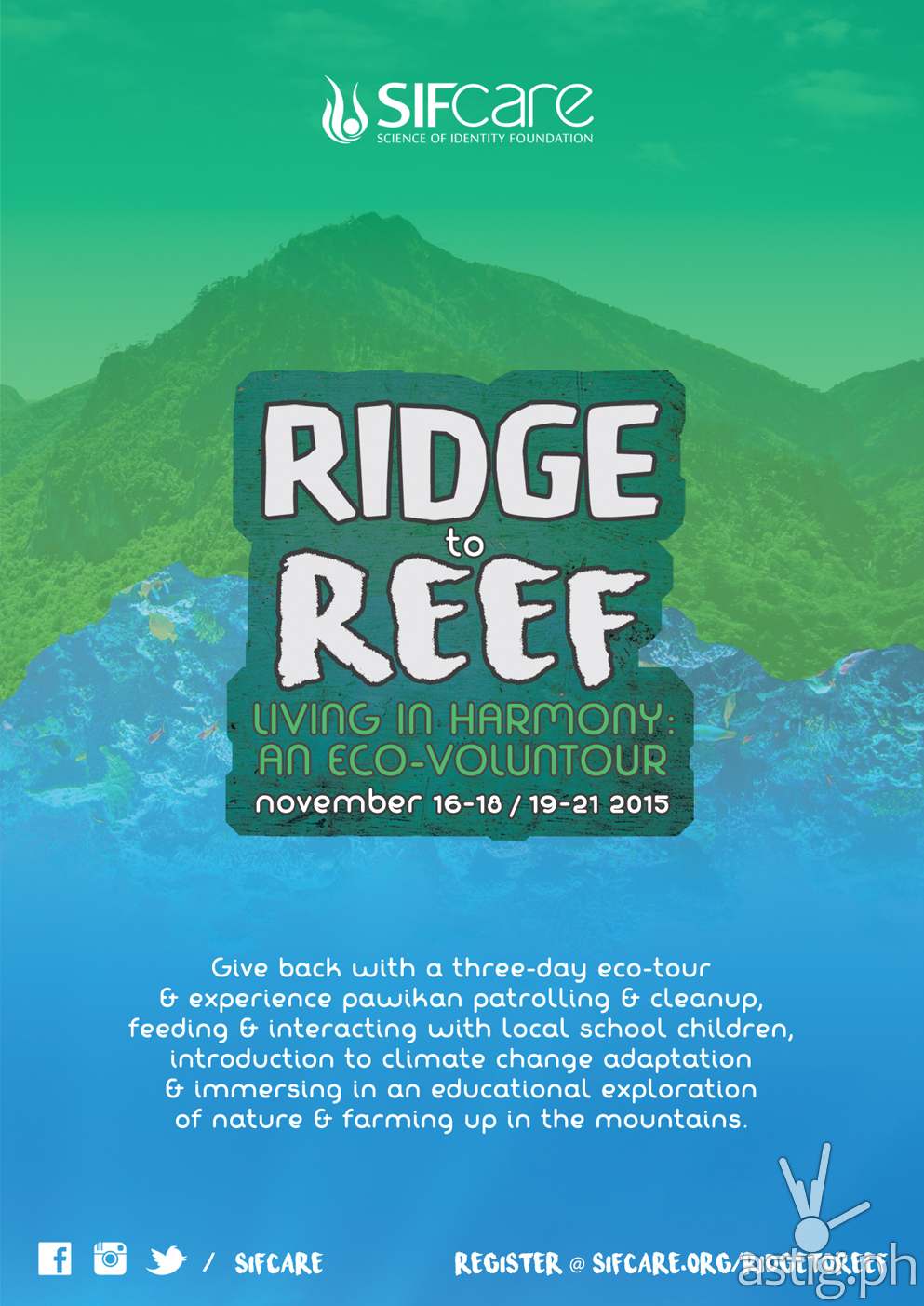MANILA, Philippines – Last August, a video of a team of scientists pulling out a plastic straw from an Olive Ridley sea turtle’s nose had gone viral, enraging many people across the globe. This is only one of the many undocumented incidents showing how damaging marine pollution is to the entire marine ecosystem, a scenario that CURMA (Coastal Underwater Resource Management Actions) is working hard to prevent.
CURMA is a Pawikan Protection and Conservation Program operating under SIFCare (Science of Identity Foundation Community Assistance for Responsible Existence). Since its establishment in 2011, CURMA’s efforts have all been directed toward attaining these objectives: to educate people about the environment they live in, to educate people about the importance of sea turtles (pawikan in Filipino), and to promote and embody the values of conservation.
Aside fom the protection and conservation program, CURMA’s projects include hatchery management, coastal cleanups, and information and education campaigns.To date, the community has successfully released more than 7,900 pawikan hatchlings from the CURMA hatchery in San Juan, La Union and to the open sea.
A constant threat
Pawikan nesting season begins in September each year, and during this time, CURMA volunteers patrol the shores in search of nests. Upon finding them, the volunteers begin the process of extracting eggs from the nests and transferring them into containers. These eggs—40-190 on average per nest—are then carried to the hatchery, where they are kept safe for an incubation period of 45-70 days.
Poachers are on top of the list of constant threats to pawikan eggs during nesting season. Because pawikan eggs are considered a rare and oftentimes expensive delicacy, poachers diligently comb the shores for nests, hoping to make money off of the eggs they will find. To prevent this, CURMA often gathers the local fishermen for educational seminars about the importance of pawikans to our marine ecosystem, eventually extending an invitation for them to become guardians and protectors instead of consumers.
Today, CURMA is happy to note that some of the more enthusiastic volunteers have come from said groups of fishermen. Together with CURMA, they help track down nests as well as participate in the constant coastal cleanup activities to ensure that the shorelines are free of trash and other matter which are harmful to the pawikans.
Journey back to sea
Philopatric animals are species who tend to remain or return to its home area or place of birth. Pawikans are an example of this, and it is precisely because of this trait that their first walk from nest to sea is considered a crucial event in their lives. The trek from shore to open water, however short, will serve as their “land guide” when it’s time for them to lay eggs fifteen or more years in the future.
CURMA celebrates the end of each nesting season by gathering volunteers to assist the hatchlings on their journey back to sea. These hatchlings are released as soon as they come out of their nests. This happens in different times of day—sometimes early in the morning, at dusk, or even late at night—so volunteers continue to be vigilant during this period. But for the volunteers, watching hundreds of hatchlings racing to the ocean is always a delightful sight to behold, and is in itself its own reward. The magnificent spectacle offers a lot of hope for the future of our marine resources, further motivating CURMA volunteers to save our seas one pawikan at a time.
CURMA is launching Ridge-to-Reef Living in Harmony: An EcoVoluntour this coming November 16. Two three-day eco-tours (November 16-18 and 19-21) will be organized for those who want to give back to the environment and experience various CURMA-related activities such as pawikan patrolling and cleanup, and much more. For more details on how to join this tour for a cause, visit sifcare.org.
Would you like to be a CURMA volunteer? Click on this page for more information about the program and its projects, or you can sign up to be a volunteer right away! If you would like to be of help to CURMA but don’t have a lot of time to spare, we also accept donations of any amount to ensure the continuous progress of the program.


